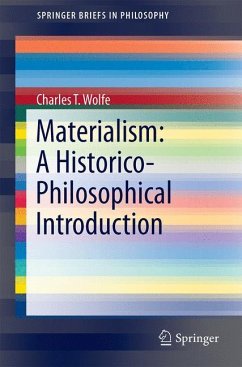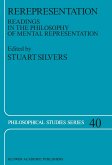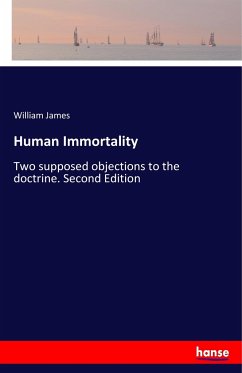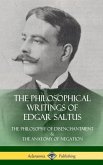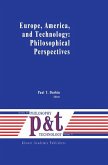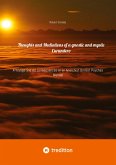This book provides an overview of key features of (philosophical) materialism, in historical perspective. It is, thus, a study in the history and philosophy of materialism, with a particular focus on the early modern and Enlightenment periods, leading into the 19th and 20th centuries. For it was in the 18th century that the word was first used by a philosopher (La Mettrie) to refer to himself. Prior to that, 'materialism' was a pejorative term, used for wicked thinkers, as a near-synonym to 'atheist', 'Spinozist' or the delightful 'Hobbist'. The book provides the different forms of materialism, particularly distinguished into claims about the material nature of the world and about the material nature of the mind, and then focus on materialist approaches to body and embodiment, selfhood, ethics, laws of nature, reductionism and determinism, and overall, its relationship to science. For materialism is often understood as a kind of philosophical facilitator of the sciences, and the authorwant to suggest that is not always the case. Materialism takes on different forms and guises in different historical, ideological and scientific contexts as well, and the author wants to do justice to that diversity. Figures discussed include Lucretius, Hobbes, Gassendi, Spinoza, Toland, Collins, La Mettrie, Diderot, d'Holbach and Priestley; Büchner, Bergson, J.J.C. Smart and D.M. Armstrong.
"Wolfe successfully detects a historico-philosophical common trait connecting, rather than materialistic theories themselves, the negative dismissals of materialism, from the first uses of the term in 17th century Cambridge Platonism to contemporary philosophy. ... opens new perspectives for both historical scholarship and philosophical reflection." (Paolo Pecere, Rivista di Filosofia, Vol. CVII (3), December, 2016)
"This is a Modernist book, in the literary sense, for richness of ideas and characters, and for boldness of thought and expression. ... All this fullness of content and expression makes undoubtedly for an intriguing and instructive reading." (E. Pasini, Journal of Interdisciplinary History of Ideas, Vol. 5 (9), 2016)
"This is a Modernist book, in the literary sense, for richness of ideas and characters, and for boldness of thought and expression. ... All this fullness of content and expression makes undoubtedly for an intriguing and instructive reading." (E. Pasini, Journal of Interdisciplinary History of Ideas, Vol. 5 (9), 2016)

